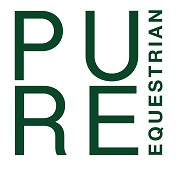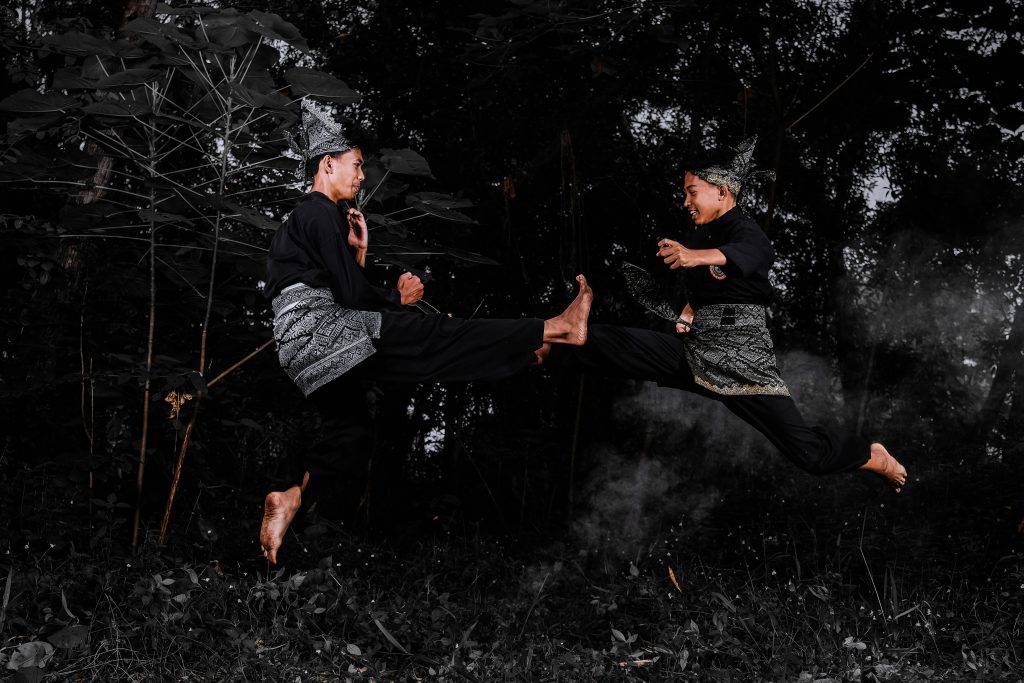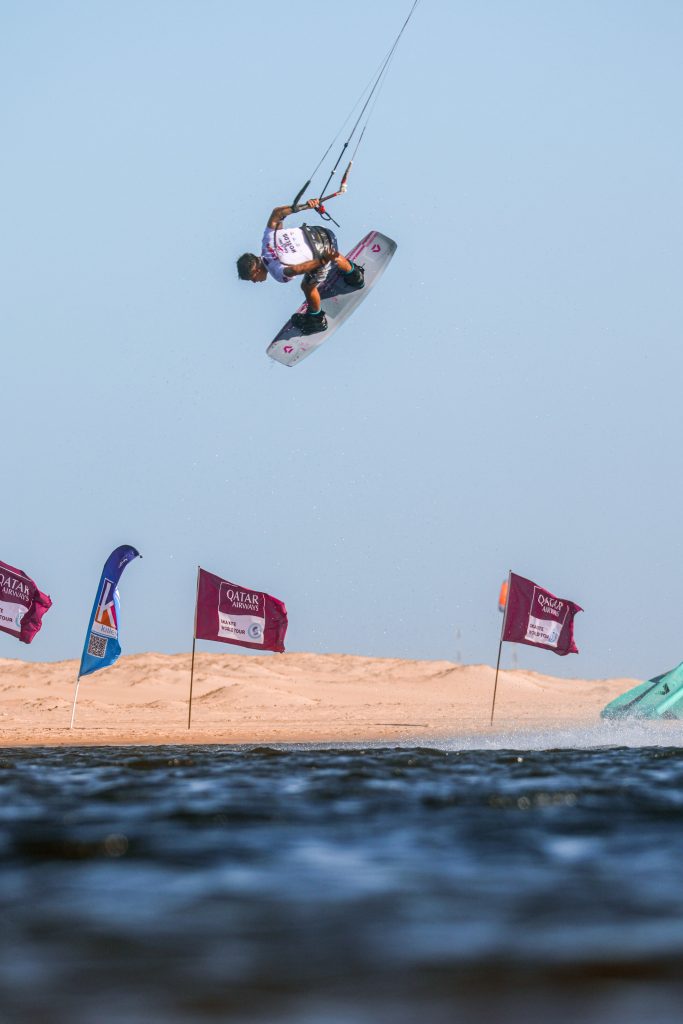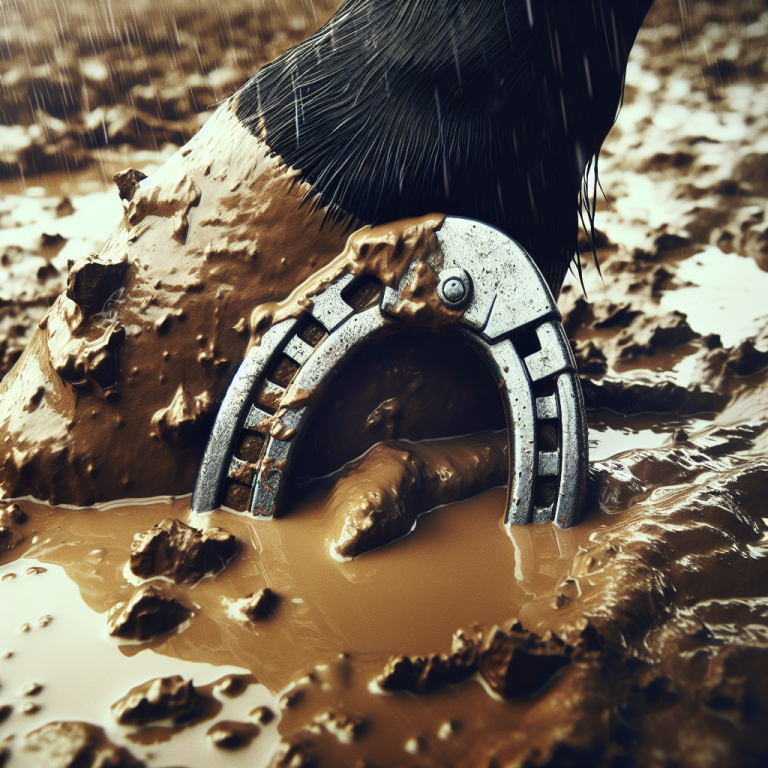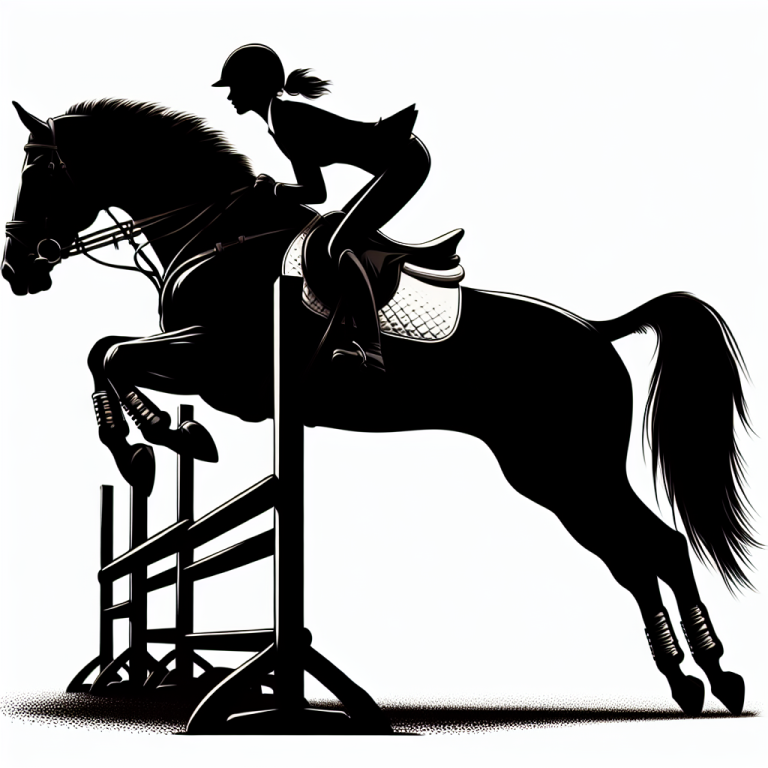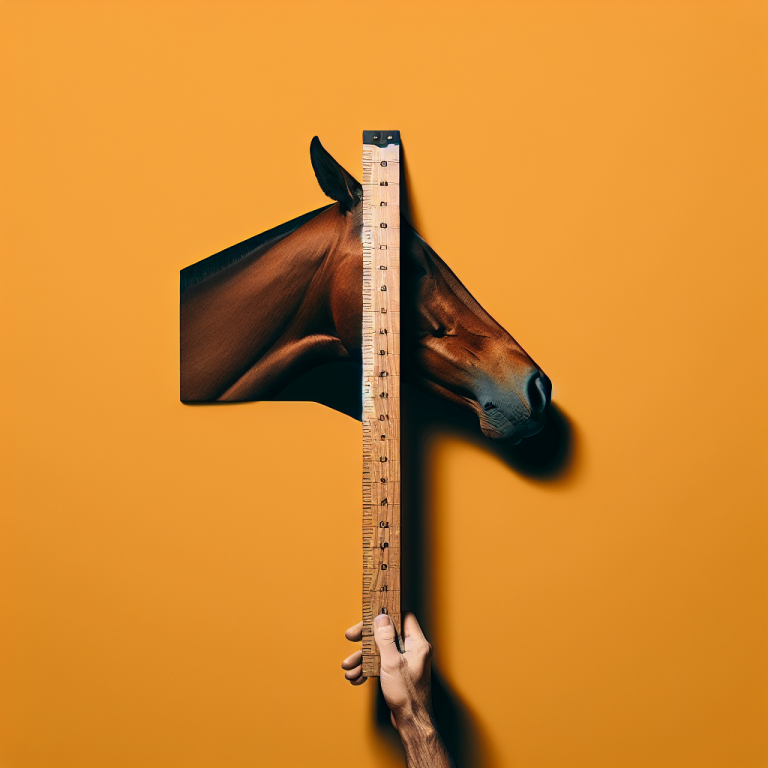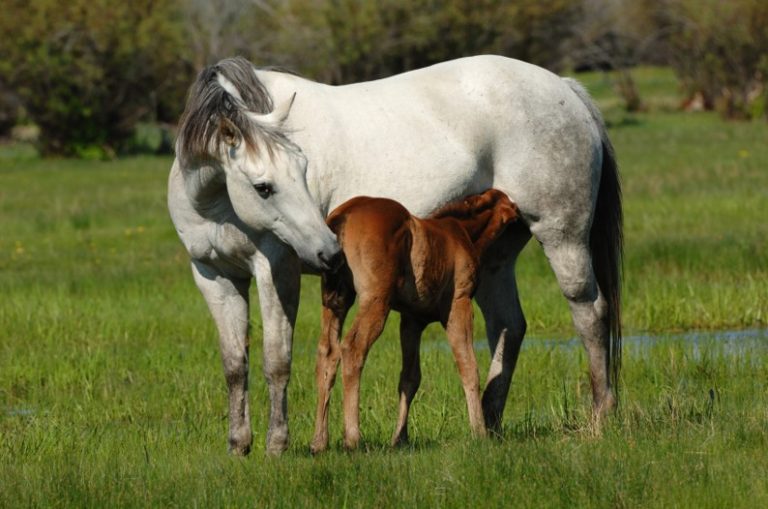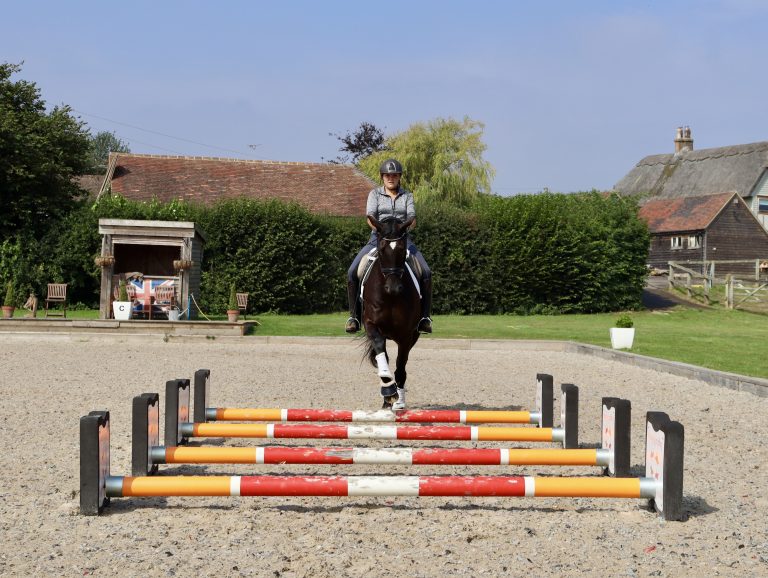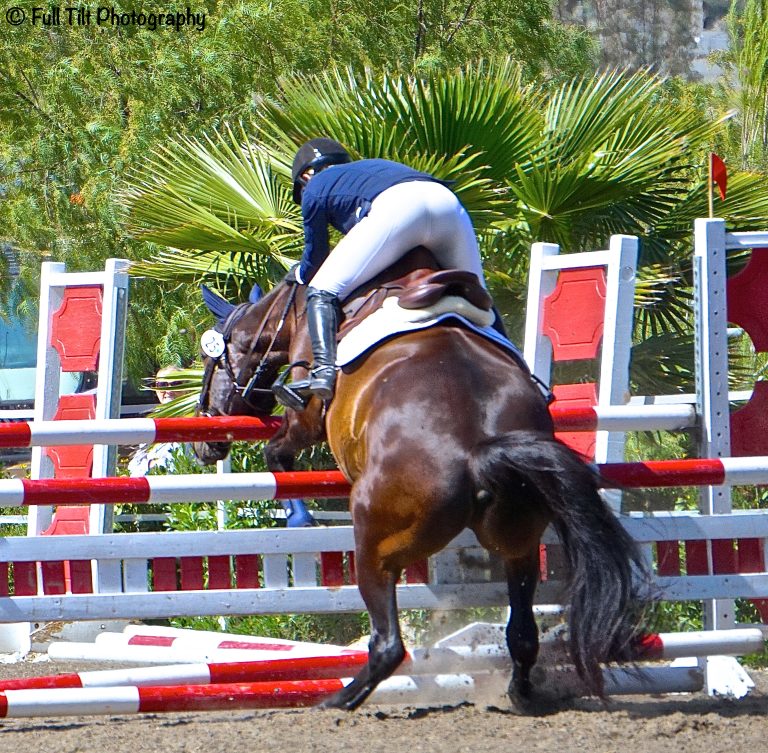Are you an aspiring equestrian enthusiast in the UK, eager to embark on a journey of training and coaching? Look no further, as this article will guide you in finding the perfect places to pursue your equestrian dreams. From picturesque riding schools nestled in the countryside to state-of-the-art training facilities in bustling cities, the UK offers a plethora of options for equestrian training and coaching. Whether you’re a beginner looking to learn the basics or an experienced rider aiming to refine your skills, the UK has something for everyone. Join us as we explore the top spots that will help you cultivate your passion and excel in the world of equestrian sports.
Table of Contents
Toggle1. Equestrian Centres
Equestrian Centres are the go-to places for all your equestrian needs. Whether you’re a beginner looking to start riding or an experienced rider in search of advanced training, these centres have got you covered.
1.1 Riding Schools
Riding schools are excellent places to begin your equestrian journey. They offer riding lessons for riders of all ages and skill levels. From teaching you the basics of horse riding to refining your riding technique, riding schools have experienced instructors who are passionate about helping you develop your riding abilities.
1.2 Riding Clubs
Riding clubs are perfect for horse enthusiasts who want to be a part of a community of like-minded individuals. These clubs provide a platform for riders to participate in various activities, including competitions, social events, and educational programmes. The camaraderie and support at riding clubs make them an ideal place to meet other horse lovers and share your passion for equestrian sports.
2. Equestrian Federations
Equestrian federations in the UK play a crucial role in promoting and regulating equestrian activities. These federations ensure the highest standards of training, coaching, and competition. Two prominent equestrian federations in the UK are the British Equestrian Federation (BEF) and the British Horse Society (BHS).
2.1 British Equestrian Federation (BEF)
The British Equestrian Federation is the national governing body for equestrian sports in the UK. It represents a wide range of disciplines, including dressage, show jumping, eventing, and para-equestrianism. The BEF ensures the welfare of horses and riders, coordinates international competitions, and provides support to equestrians at all levels.
2.2 British Horse Society (BHS)
The British Horse Society is an organisation dedicated to promoting the welfare of horses and improving the standards of horsemanship. The BHS offers a range of training programmes, qualifications, and certifications for equestrians. They also run campaigns to improve equestrian access and safety on the roads, making them an essential organisation for all horse enthusiasts.
3. Equestrian Competitions
Equestrian competitions are where riders showcase their skills and compete against each other in various disciplines. Here are three popular equestrian competitions in the UK:
3.1 Show Jumping Competitions
Show jumping competitions test the horse and rider’s ability to navigate a course of jumps with speed and precision. These events require both athleticism and finesse, as riders aim to clear obstacles without knocking down any rails. Show jumping competitions offer an exhilarating experience for both participants and spectators.
3.2 Dressage Competitions
Dressage competitions focus on the art of horse training and the harmony between horse and rider. In these events, riders perform precise and intricate movements, such as turns, transitions, and pivots, to demonstrate the horse’s obedience and responsiveness to their aids. Dressage competitions emphasise elegance, control, and the development of a well-trained horse.
3.3 Eventing Competitions
Eventing competitions combine three disciplines: dressage, cross-country, and show jumping. These multi-day events showcase the versatility and skills of both horses and riders. Eventing tests their endurance, agility, and teamwork as they tackle a range of challenges, including jumping solid obstacles, navigating technical cross-country courses, and performing intricate dressage movements.
4. Equestrian Training Programmes
If you’re looking to enhance your equestrian skills, there are various training programmes available to help you reach your goals.
4.1 Riding Lessons
Riding lessons are the foundation for any equestrian’s journey. Whether you’re a beginner or an intermediate rider, taking regular riding lessons can improve your riding technique, balance, and confidence. Professional instructors at equestrian centres will guide you through various exercises and provide personalised feedback to help you progress.
4.2 Horsemanship Courses
Horsemanship courses focus on building a strong bond and understanding between horse and rider. These courses cover a wide range of topics, including grooming, groundwork, horse care, and communication techniques. Learning horsemanship skills can enhance your overall equestrian experience and improve your relationship with your equine partner.
4.3 Show Jumping Clinics
Show jumping clinics offer intensive training sessions with experienced coaches and trainers. These clinics focus on refining your show jumping skills, helping you overcome specific challenges, and improving your overall performance in competition settings. Attending show jumping clinics can give you valuable insights and techniques to excel in this exhilarating discipline.
4.4 Dressage Workshops
Dressage workshops provide a platform to improve your dressage skills under the guidance of professional trainers. These workshops focus on refining your technique, improving the quality of your horse’s movements, and perfecting your dressage test performance. With expert feedback and guidance, you can elevate your dressage abilities and achieve higher scores in competitions.
4.5 Eventing Training Camps
Eventing training camps offer a comprehensive training experience for eventing enthusiasts. These camps cover all aspects of eventing, including dressage, cross-country, and show jumping. Expert trainers provide guidance on fitness, conditioning, technique, and course strategy. Participating in event training camps can enhance your skills and prepare you for the challenges of this demanding discipline.
5. Equestrian Coaches and Trainers
Having a knowledgeable and experienced coach or trainer is essential for your progress and development as an equestrian. Here are three types of professionals you can turn to for guidance:
5.1 Certified Riding Instructors
Certified riding instructors have undergone extensive training and possess qualifications from recognised equestrian organisations. They have the expertise to guide riders of all levels, from beginners to advanced competitors. Certified riding instructors understand the importance of safety, proper technique, and effective teaching methods, ensuring a productive and enjoyable learning experience.
5.2 Professional Equestrian Coaches
Professional equestrian coaches specialise in specific disciplines and have a wealth of experience in training riders and horses for competition. They provide personalised training plans, tailored exercises, and expert guidance to help you achieve your equestrian goals. Professional equestrian coaches can offer valuable insights, fine-tune your skills, and provide the support necessary to excel in your chosen discipline.
5.3 Specialised Discipline Trainers
Specialised discipline trainers focus on specific disciplines, such as show jumping, dressage, or eventing. These trainers have in-depth knowledge and experience in their respective disciplines, allowing them to provide targeted training and coaching. Specialised discipline trainers can help you perfect your skills, understand the intricacies of your chosen discipline, and develop strategies for success in competition.
6. Equestrian Associations and Networks
Equestrian associations and networks provide valuable resources, support, and community for riders and equestrian enthusiasts. Here are some notable associations in the UK:
6.1 Association of British Riding Schools (ABRS)
The Association of British Riding Schools is an organisation that aims to promote and improve standards in the horse riding industry. They provide accreditation for riding schools, offer training programmes, and organise events and competitions for their members. The ABRS is a trusted resource for riders seeking quality riding schools and equestrian services.
6.2 Pony Club
The Pony Club is a youth organisation that offers equestrian education and activities for young riders. It provides a supportive and inclusive environment for children to learn and develop their equestrian skills. The Pony Club offers a range of activities, including rallies, competitions, and camps, fostering a love for horses and equestrian sports from an early age.
6.3 British Showjumping (BS)
British Showjumping is the national governing body for showjumping in the UK. It regulates and organises show jumping competitions, provides training and development opportunities, and represents British show jumpers at international events. British Showjumping is an essential organisation for showjump enthusiasts looking to compete and progress in the sport.
6.4 British Dressage (BD)
British Dressage is the governing body for dressage in the UK. It promotes and regulates dressage competitions, offers training and educational programmes, and supports riders of all levels. British dressage plays a crucial role in advancing the sport of dressage, while also providing pathways for riders to represent the UK on the international stage.
6.5 British Eventing (BE)
British Eventing is the national governing body for eventing in the UK. It oversees eventing competitions, sets standards for safety and welfare, and provides training and support for eventing enthusiasts. British Eventing offers a comprehensive pathway for riders to progress from grassroots levels to international representation, making it a vital organisation for eventing enthusiasts.
7. Equestrian Training Facilities
Equestrian training facilities are designed to meet the needs of riders and their horses. These facilities provide a safe and supportive environment for training and development. Here are some common types of equestrian training facilities:
7.1 Training Yards
Training yards are equestrian facilities dedicated to training racehorses. These yards have state-of-the-art facilities, including gallops, all-weather arenas, and horse walkers. Training yards offer specialised programmes to enhance the physical fitness and performance of racehorses, making them ideal for aspiring jockeys and racehorse trainers.
7.2 Equestrian Centres
Equestrian centres are versatile facilities that cater to riders of all disciplines and skill levels. These centres offer a range of amenities, including riding arenas, stabling, and training equipment. Equestrian centres often collaborate with professional trainers and instructors to provide comprehensive training programmes and coaching services.
7.3 Livery Stables
Livery stables provide boarding and care services for horses. They offer various livery options, such as full livery, where all horse care is provided, or DIY livery, where owners are responsible for their horse’s day-to-day care. Livery stables may also have on-site facilities, such as arenas and hacking trails, making them convenient options for riders who wish to keep their horses in a safe and well-maintained environment.
7.4 Competition Venues
Competition venues are equestrian facilities equipped to host shows and competitions. These venues have properly maintained arenas, stabling, and spectator areas. They provide the infrastructure and support systems necessary to host successful equestrian events, making them crucial for riders who participate in competitions and aim to showcase their skills.
8. Online Equestrian Resources
With the advancements in technology, online resources have become valuable tools for equestrians. Here are three types of online equestrian resources:
8.1 Equestrian Websites
Equestrian websites offer a wealth of information on various aspects of horsemanship and equestrian sports. These websites provide articles, guides, and resources related to horse care, riding techniques, training tips, and industry news. Equestrian websites can be excellent sources of knowledge and inspiration for riders of all levels.
8.2 Online Training Programmes
Online training programmes allow riders to access professional coaching and training from the comfort of their own homes. These programmes often include instructional videos, interactive exercises, and personalised feedback from trainers. Online training programmes can be a valuable supplement to regular lessons, providing additional guidance and support for riders looking to improve their skills.
8.3 Webinars and Video Tutorials
Webinars and video tutorials offer equestrians the opportunity to learn from experts in various disciplines. These online resources cover a wide range of topics, including horse care, training techniques, competition strategies, and rider fitness. Webinars and video tutorials allow riders to expand their knowledge base and gain insights from experienced professionals, even if they cannot attend in-person lessons or workshops.
9. Networking Events and Conferences
Networking events and conferences provide equestrians with opportunities to connect, learn, and engage with industry professionals. Here are two types of networking events:
9.1 Equestrian Exhibitions
Equestrian exhibitions are events where companies, organisations, and professionals come together to showcase their products, services, and expertise. These exhibitions often include demonstrations, expert talks, and interactive activities. Attending equestrian exhibitions allows you to explore the latest trends, technologies, and innovations in the equestrian world while connecting with like-minded individuals and expanding your network.
9.2 Symposiums and Conventions
Symposiums and conventions are educational events that bring together equestrian experts, trainers, and riders to share their knowledge and experiences. These events typically feature lectures, workshops, and demonstrations focused on specific disciplines or aspects of horsemanship. Attending symposiums and conventions can provide valuable insights, inspire new ideas, and allow you to interact with professionals in your area of interest.
10. Recommendations and Reviews
When searching for equestrian training and coaching in the UK, it can be helpful to seek recommendations and read reviews from fellow riders. Here are two avenues to consider:
10.1 Social Media Groups and Forums
Social media groups and forums dedicated to equestrian topics can be valuable sources of recommendations and reviews. Joining these communities allows you to connect with fellow equestrians, ask for suggestions, and read about others’ experiences with specific trainers, training programmes, and facilities. Social media groups and forums provide a platform for open discussions and shared knowledge, making them reliable sources of information.
10.2 Online Reviews and Ratings
Online review platforms and rating websites can also assist in finding reputable equestrian training providers. These platforms allow users to write reviews and rate their experiences with various equestrian centres, trainers, and coaching programmes. Reading reviews and checking ratings can help you gauge the quality and reputation of different options, enabling you to make informed decisions about your equestrian training.
In conclusion, when it comes to equestrian training and coaching in the UK, there are numerous resources available. From riding schools and equestrian federations to training programmes and networking events, riders have a wide array of options to enhance their skills and knowledge. By exploring these opportunities and seeking recommendations, you can find the perfect training and coaching that suits your equestrian goals and aspirations. Happy riding!
